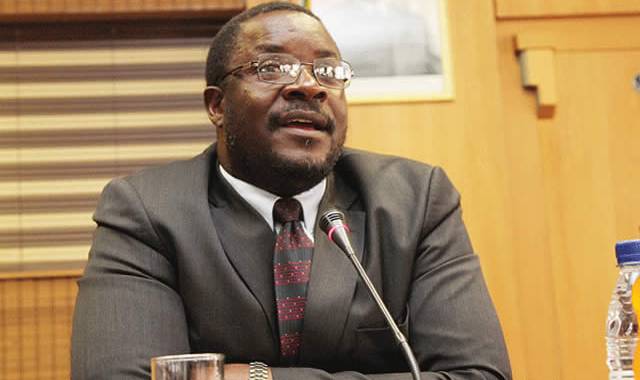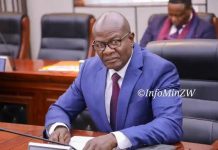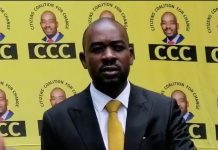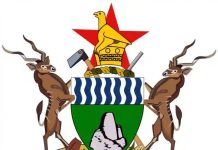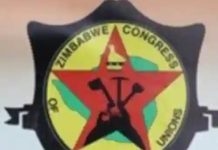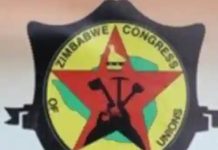Government has dared union leaders, who are trying to whip up emotions of civil servants instead of negotiating for their welfare, to join politics and leave welfare negotiations to bona fide workers whose well-being is of paramount importance to the Second Republic, a senior official has said.
This comes as some union leaders, most of whom are sucking workers dry through monthly subscriptions and live it up far from the people they represent, have been trying to stir anti-government sentiments among civil servants by suggesting that members of the security forces were favoured when the Government recently paid the 50 percent compassionate increment to its workers.
In an interview with The Herald, Deputy Chief Secretary to the President and Cabinet (in charge of communications) Mr George Charamba described as baseless, attempts to establish a link between what was paid to members of the security forces and other civil servants, saying the later should continue using their platforms to push for better salaries.
He said instead of complaining about the money that was paid to the security forces, the civil servants should use it to negotiate for a better deal as the initial 50 percent increment, which will be followed by a US$75 cushion allowances was purely based on compassion.
“Now they are saying why are you differentiating your compassion. They are saying people in the uniformed forces were favoured. In the first place, uniformed forces and the entirety of the security forces is not unionised. It is indeed a debate that, can a man who yields a gun also be allowed to collectively bargain? Whenever there is a welfare issue, which is related to their workplaces, those issues are ventilated through their command structure and the President being the Commander-In-Chief. (What this) means is that communication ends up on his desk.”
Mr Charamba said since the uniformed forces are not unionised, issues pertaining to their welfare cannot be lumped with issues concerning the civil servants who can continuously engage Government, through the tripartite negotiating forum.
“So you cannot have staff associations overreaching and trying to comment on issues of uniformed forces who are not their members. In any case, if there is a valid argument, their argument needs not to be predicated on what uniformed forces get or don’t get. Their argument must stand on its merit; you don’t rise by pulling the other guy down. Why not harness that difference to bargain for better?” he said.
With the behaviour of unions bordering on political gamesmanship and posturing, Mr Charamba said inevitably the employer will be left with little choice, but to treat the so-called union leaders as political activists.
“There is a gratis offer to improve the conditions of the workforce, itself the ultimate goal of any union leaders. The union leader’s first reflex is to reject that, when the offer comes, they fault-find around it, but beyond fault-finding they also misinterpret it deliberately, linking it to a political event coming from the opposition.
“The discussion around the Covid-19 arose after the first package that was announced in January was coming to a close at a time when the inflation was unrelentingly rising.
“At that time there was no talking of July 31, this was well before the knee of the opposition had been jerked into wanting to do the impossible, namely to do a demonstration in this season of Covid-19, because they will not do it.”
To establish a link between that act of compassion, its distribution with the wishful thinking for July 31 demonstrations is therefore spurious, Mr Charamba added.
“I am raising this because it leaves the employer with the genuine question; are we dealing with bona fide union leaders or we are dealing with opposition politics unionised? The moment that the employer comes to the conclusion that this is opposition politics unionised, then it means the collective bargaining process collapses.
“There is a different medicine for dealing with workforce related problems and yet a different medicine for dealing with the question of national political power.

